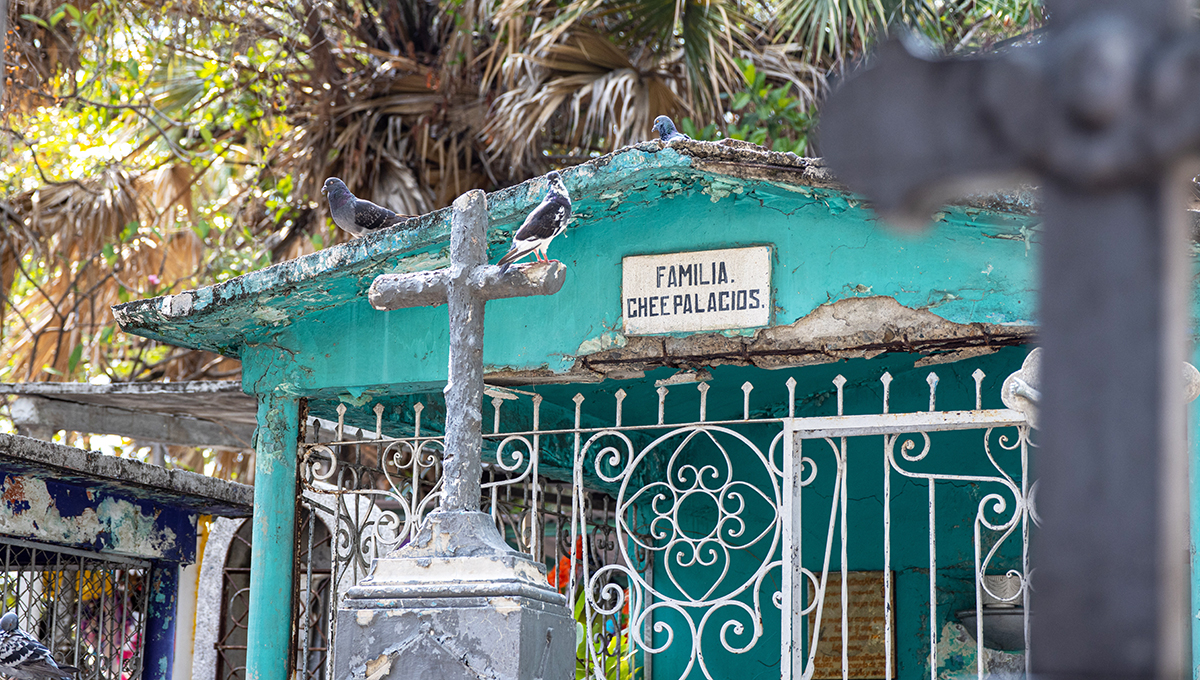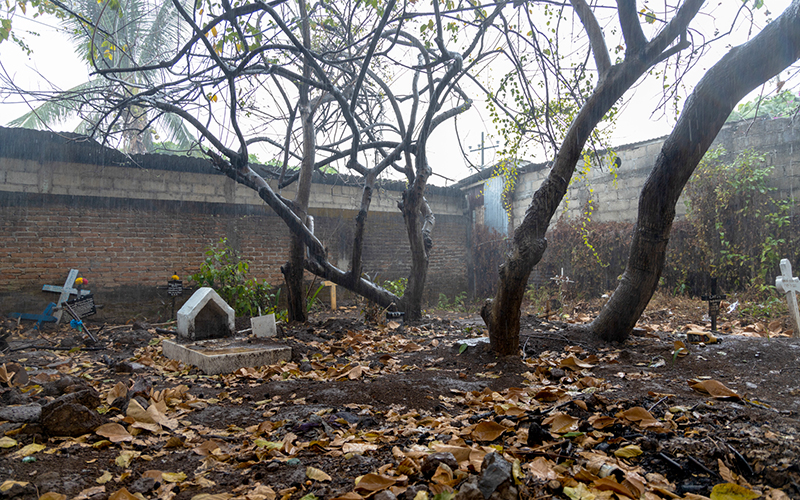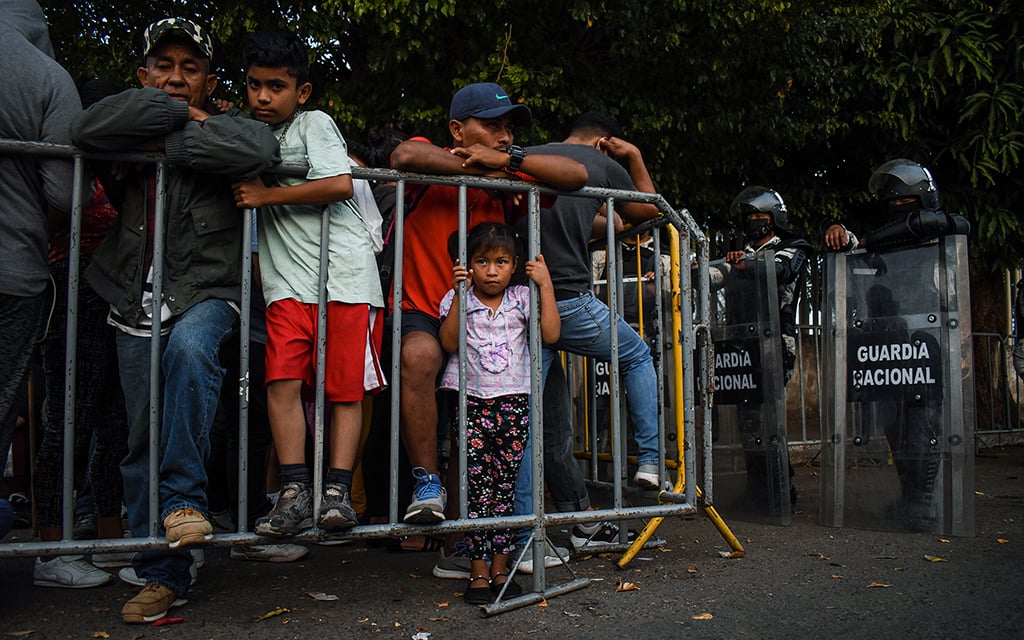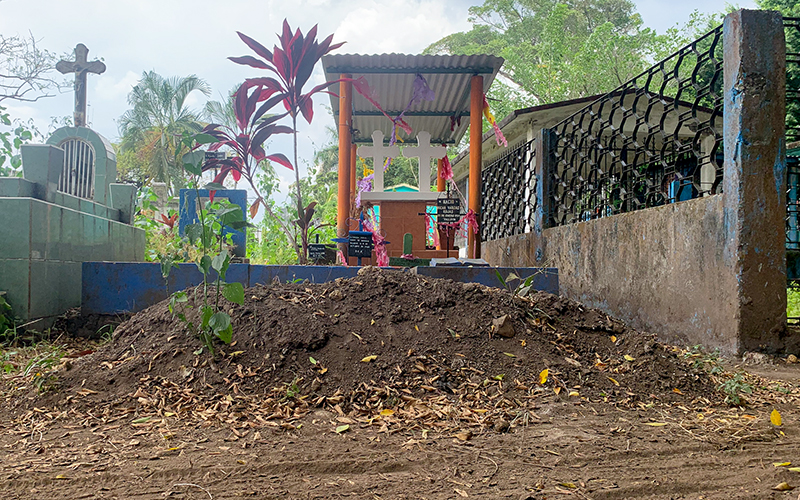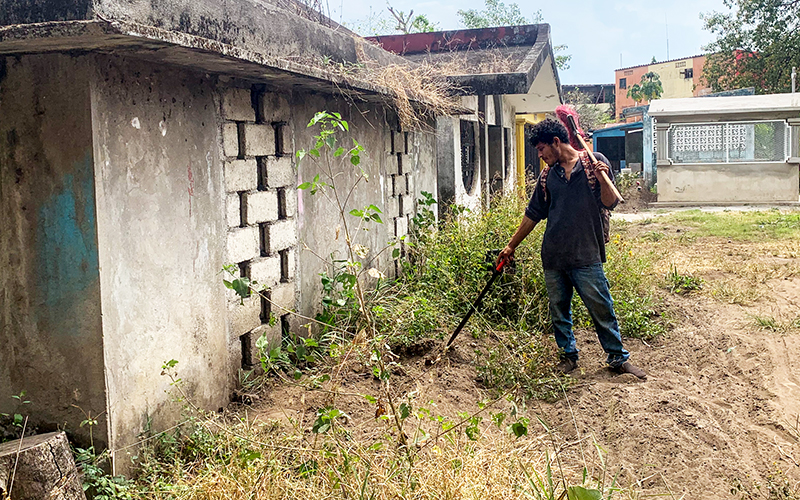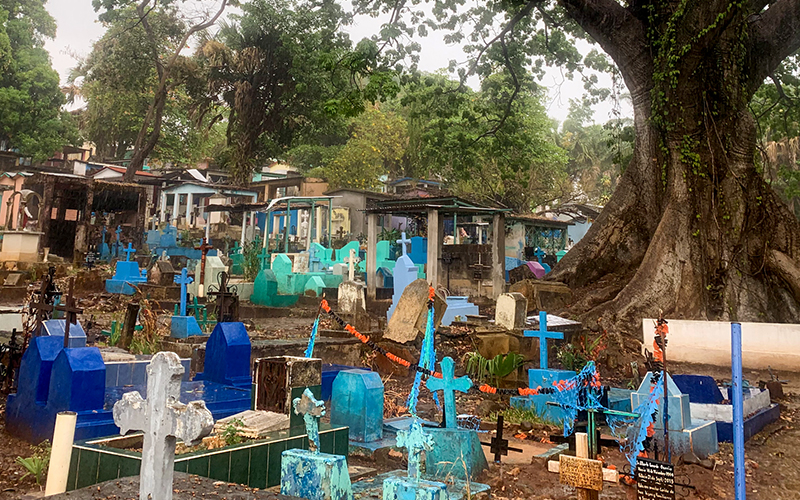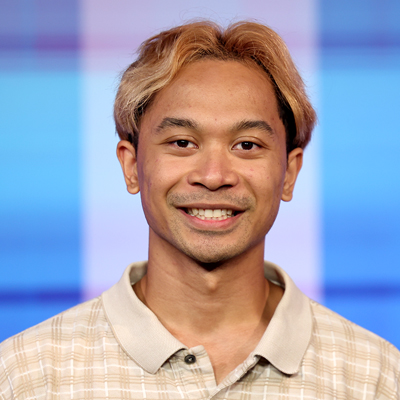“We don’t get paid for the bodies we bury down here,” said Carlos, raising his voice to be heard over the squealing of pigs at a makeshift butcher shop on the other side of the cemetery wall.
Because of its location less than 20 miles from Mexico’s border with Guatemala, Tapachula long has been an entry point for migrants passing through Central America, most of them headed for the United States to claim asylum or risk entering illegally. But in recent years, migrants from across the globe have been delayed and blocked from continuing their journeys north by Mexico’s immigration authorities and the National Guard, partly at the urging of the United States.
And like the migrants who die unidentified and unclaimed in the deserts of Arizona, people are dying in Mexico’s southernmost state of Chiapas – as well as in the streets of Tapachula – adding to an already untenable nationwide problem of identifying murder victims found in mass graves or the remains of other migrants found throughout the country.
In April, the U.N. Human Rights Office reported that unidentified remains of more than 52,000 people – many of them murdered by crime cartels – are lying in mass graves, forensic service facilities, universities, forensic storage and safeguard centers across the country. This “forensic crisis” is playing out in a smaller but no less tragic way in Tapachula.
“We know the process that an unidentified body undergoes; unfortunately, it is very undignified in handling the bodies when they are buried in those (mass) graves,” said Francisco Reyes, manager of the Casa del Angel Funeral Home. “The entire process of identifying bodies is very scarce, since it (the government) does not have all the personnel or equipment necessary.”
There is an apparent lack of protocol for the treatment of bodies after they leave the medical examiner. The local government contracts funeral homes for burials but there is little regulation. If the person is unidentified or unclaimed by family the body can end up in a mass grave, which is said to be common practice at local cemeteries. Gravediggers said some of those burial plots were reopened at the height of the COVID-19 pandemic and the victims of the disease were piled on top of the remains of earlier migrants.
“Each mass grave can hold up to 10 bodies,” Reyes said, “they are … dragged depending on the state they are in, and they are thrown into the grave without sensitivity, as if they were garbage bags.”
Across the city, at Panteón Jardin – Garden Cemetery – gravedigger Cristan Cruz Medina, a migrant himself, said migrants deserve to be treated with at least a bit of dignity when they reach their final resting places.
“I feel it helps them a lot,” he said. “Apart from the fact that they are no longer, how should I say it, laying there as if they are animals. We are giving them a place where they will turn to dust normally, rather than having animals arrive and destroy them. In my opinion, it is better to have them there, buried, their bones turning to dust normally as they should rather than rather than having them disintegrate here and there.”
